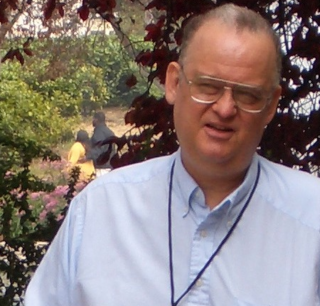A Quote by Joel Salatin
We can produce more per acre on a fifth of the fuel as the industrial food system.
Related Quotes
When Cuba lost their fossil fuel pipeline when the Soviet Union collapsed in 1990. Overnight they had no choice, they had to transition to clean energy, they didn't have any fuel to burn, and they also had to transition to a healthy food system, an organic system - their economy is crashing, this was not a planned transition. This was a crisis, but a crisis nonetheless, in which pollution went away. And it's very instructive to see what happened to their health.
We can't change the fossil fuel companies' behavior in isolation from the rest of the industrial system. As long as they have customers, they're going to continue to operate, whether or not we divest of their stock. However, divesting might be helpful in terms of disrupting the story that what these companies do is perfectly okay. This situation differs from apartheid in a key regard though: racial equality in South Africa was no threat whatsoever to capitalism as we know it. Ending the fossil fuel era is a much deeper change.
We need to realize that these industrial methods of farming have gotten us used to cheap food. The corollary of cheap food is low wages. What we need to do in an era when the price of food is going up is pay better wages. A living wage is an absolutely integral part of a modern food system, because you can't expect people to eat properly and eat in a sustainable way if you pay them nothing. In fact, it's cheap food that subsidized the exploitation of American workers for a very long time, and that's always been an aim of cheap food.
































